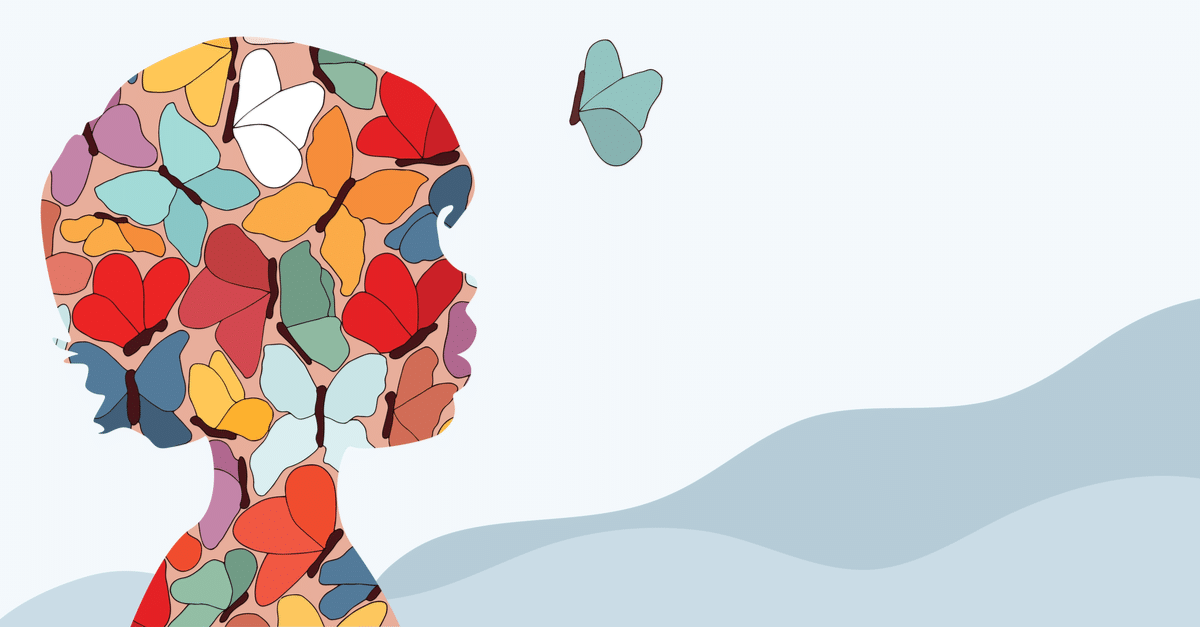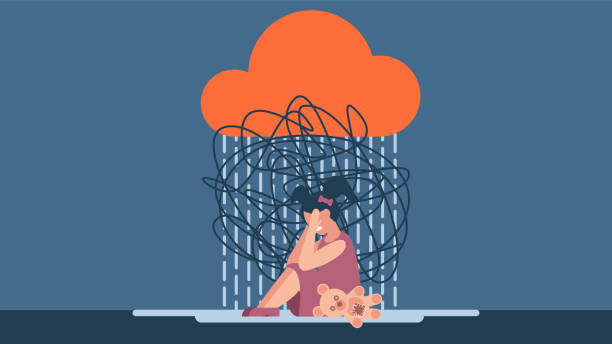
Trust:
Firstly, all children need to have relationships with others that are safe, and healthy while they are growing up. Relationships teach children how to trust others, develop a sense of empathy, and how to regulate their emotions. However, if these relationships have ever hurt a child, then they don’t get taught these things and can develop damaging ideas of what relationships should be like (1). Children also rely on their caregivers and adults to keep them safe. When caregivers fail to meet these needs, children can start feeling unsafe and have a difficult time knowing who they can rely on (2). This leads to children finding it difficult trusting others, including friends and family members. A lack of trust is what makes it hard to form close relationships and makes it challenging to maintain healthy friendships in the long term (3). Children who have experienced trauma may also struggle with social interactions, and they might find it harder to communicate their feelings or understand the emotions of others (10). Not being able to properly convey their emotions can make it challenging for them to form friendships and build meaningful relationships with others, especially at such a young age (10).
Dangerous relationships:
Many children who experience childhood trauma may also experience poor, difficult, and dangerous relationships, and friendships in their lives. This can even carry on into adulthood (4). Psychologists have also found that there is a connection between childhood trauma and codependency. This is because many children who experience trauma often get blamed for what happened to them, which can create a sense of insecurity that manifests into unhealthy and codependent relationships (5). Codependent relationships are not healthy, and can damage the way children make relationships. Children who have experienced trauma are also more likely to find “trauma bonds.” Trauma bonding is an attachment style in relationships that is unhealthy, and dangerous. This happens when children start feeling attached to their abusers, and feel the need to be around them, These relationships are created through manipulation, and a false sense of love and security (6). Trauma bonding is a term that gets frequently misused as many people believe it means creating friendships through sharing traumatic experiences, but that is very false! (6)
Disorders:
Children who experience trauma can also develop avoidant attachment disorder. Parental neglect is something that can lead to children developing avoidant personality disorder (7). Avoidant attachment means having a desire to maintain emotional distance from others, and to avoid vulnerability and dependence on others. It relates to a difficulty in forming close relationships and can lead to feelings of loneliness and isolation (7). Some effects of social withdrawal can also include sleep issues, and depression (9). Children who experience trauma can also develop an anxious personality disorder . This means having a fear of abandonment and an excessive need for reassurance and validation from others. This attachment style can lead to clinginess and insecurity in relationships, which can cause others to feel overwhelmed or uncomfortable, even as children (8). Anxious attachment is most commonly developed in children who have emotionally insensitive and unavailable caregivers (8).

Next post: For my next research round, I will focus on how childhood trauma can impact the mental health of children, and also teenagers. As I’ve mentioned vaguely a few times, experiencing trauma is something that can increase the risk of developing mental health disorders like depression, anxiety, and post-traumatic stress disorder. People who have been through trauma have a very different experience with their mental health than those who have not experienced trauma, and I think this is a topic that is very important to understand. Since mental health issues are very significant in trauma survivors, it will be important to research. After studying this, I will have looked at emotional, social, and mental aspects of experiencing childhood trauma. These are three different, and important aspects of childhood trauma.
References:
- Peterson, S. (2018, June 11). Effects. The National Child Traumatic Stress Network. Retrieved from https://www.nctsn.org/what-is-child-trauma/trauma-types/complex-trauma/effects
- Cikanavicius, D. (2019, September 3). Trust issues that arise from childhood trauma. Psych Central. Retrieved from https://psychcentral.com/blog/psychology-self/2019/09/trust-issues#1
- Fry, B. (2019, September 13). Trauma and trust. Khiron Clinics. Retrieved from https://khironclinics.com/blog/trauma-and-trust/#:~:text=Adverse%20Childhood%20Experiences%20can%20make,from%20childhood%20abuse%20can%20happen.
- King-White, D. (2022, June 7). Childhood trauma: Types, causes, signs, and treatments. Choosing Therapy. Retrieved from https://www.choosingtherapy.com/childhood-trauma/
- Sosnoski, K. (2021, September 30). Codependency and childhood trauma: Is there a link? Psych Central. Retrieved from https://psychcentral.com/lib/trauma-and-codependency#can-trauma-lead-to-codependency
- Resnick, A. (2022, November 24). What is trauma bonding? Verywell Mind. Retrieved from https://www.verywellmind.com/trauma-bonding-5207136
- Saloman, L. (2022, September 12). Avoidant personality disorder and childhood neglect – PSYCOM. Psycom. Retrieved from https://www.psycom.net/avoidant-personality-disorder/avpd-childhood-neglect
- Moore, A. (2022, August 22). Anxious Attachment Style: Causes, Signs & How To Heal. mindbodygreen. Retrieved from https://www.mindbodygreen.com/articles/anxious-attachment-style#:~:text=Anxious%20attachment%20is%20a%20type,being%20separated%20from%20their%20partner.
- Khiron Clinics. (2020, December 31). The subtle effects of trauma – social withdrawal. Khiron Clinics. Retrieved from https://khironclinics.com/blog/trauma-and-social-withdrawal/#:~:text=Trauma%20informs%20how%20we%20respond,can%20result%20in%20social%20withdrawal.
- KITS. (2016, February 29). Helping children who have experienced trauma to make friends – kits. KITS – Kids In Transition To School. Retrieved from https://kidsintransitiontoschool.org/helping-children-who-have-experienced-trauma-to-make-friends/#:~:text=Trauma%20can%20have%20a%20serious,of%20others%2C%20and%20develop%20empathy.
Thank you for reading!


Thank you so much for the Insightful post! Not many like to talk about this topic and as a result, the dangers of it become overlooked!
Here are some links which may help you for your further research. They include interviews of children who experienced childhood trauma and how it affects them now!
https://socialwork.buffalo.edu/content/dam/socialwork/social-research/ITTIC/Trauma%20Talks%20Transcripts/Leah.pdf
https://www.mckinsey.com/mhi/our-insights/the-power-of-caring-adults-nicole-carroll-on-overcoming-childhood-trauma
https://www.ncbi.nlm.nih.gov/pmc/articles/PMC4698348/
Have a nice day!
Sanam M.